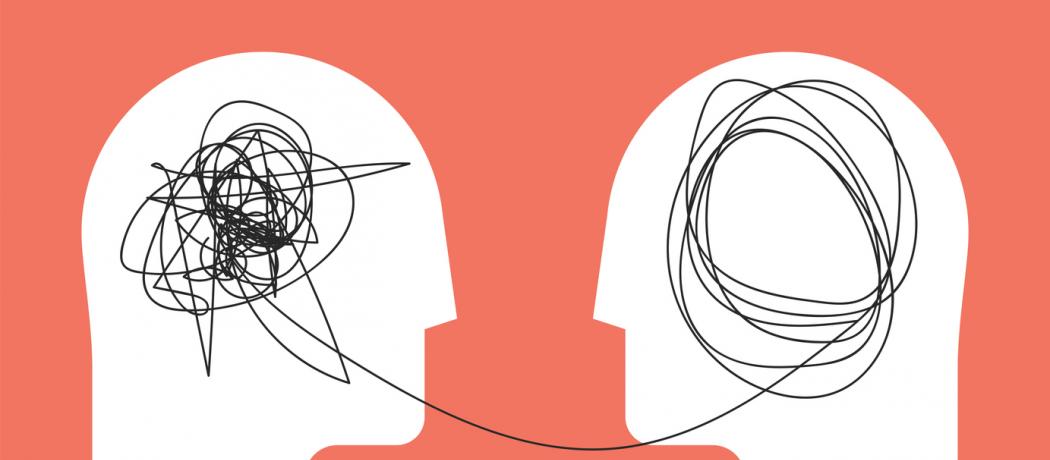The Lancet is one of my favorite medical journals. I read it every week, like I read the Economist. The journal was started as a weekly general medical magazine in 1823 by Thomas Wakely (1795–1862) who became a surgeon by age 22, and in his colorful lifetime was also well known as a member of parliament and an active social reformer. Over the years, Wakely’s journal became known for its correspondence and editorial pages, bringing controversial subjects to the fore.
A recent letter to the editor on the correspondence page of the Lancet caught my eye. Referring to the phenomenon of the mass non-adherence to medical advice in our attempts to contain COVID-19, the writers suggest that never before have so many citizen had so much access to information and yet protested health recommendations so vociferously and ignored medical advice.
The cause of non-adherence to public health recommendations regarding COVID-19 (and other issues such as vaccinations) is thought to be a denial of facts. Anna Freud (1895–1982) was the first to propose the concept that denial is a psychological defense mechanism. It involves a refusal to accept reality, thus blocking certain unpleasant events from awareness. Psychologists attempt to raise their patients’ awareness of their psychological defenses that push danger and anxiety away from reality. Public health professionals use epidemiology to raise awareness of health-related dangers. It is obviously not enough.
Psychotherapists have recognized treatment programs to assist patients with their psychological denial of reality. Conversely, there are recognized advertising techniques used to create public denial of facts: as in the case of denying the harmful effects of smoking. There are no coherent public health actions to forestall denial of the health problems of epidemic or pandemic proportions. It is time for public health officials to study the causes of public psychological denial, and to do that public health professionals may have to form a connection with psychologists, psychiatrists, and psychoanalysts, who have experience in treating this condition. To ignore psychological or psychoanalytical formulations of denial would be another form of denial.
—Geoge Szasz, CM, MD
Suggested reading
Ratner A, Gandhi N. Psychoanalysis in combatting mass non-adherence to medical advice. Lancet 2020;396(10264):1730.
This post has not been peer reviewed by the BCMJ Editorial Board.

